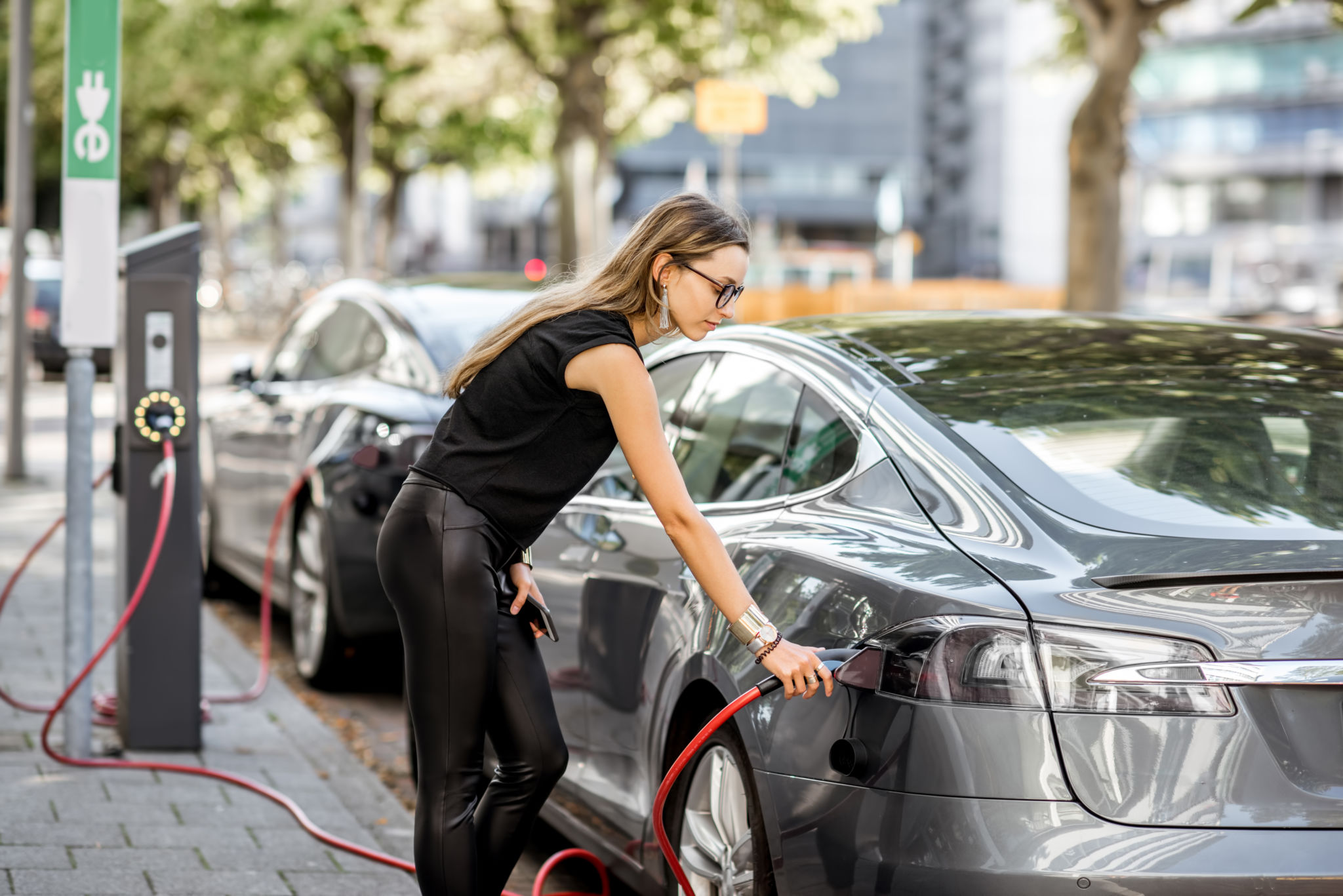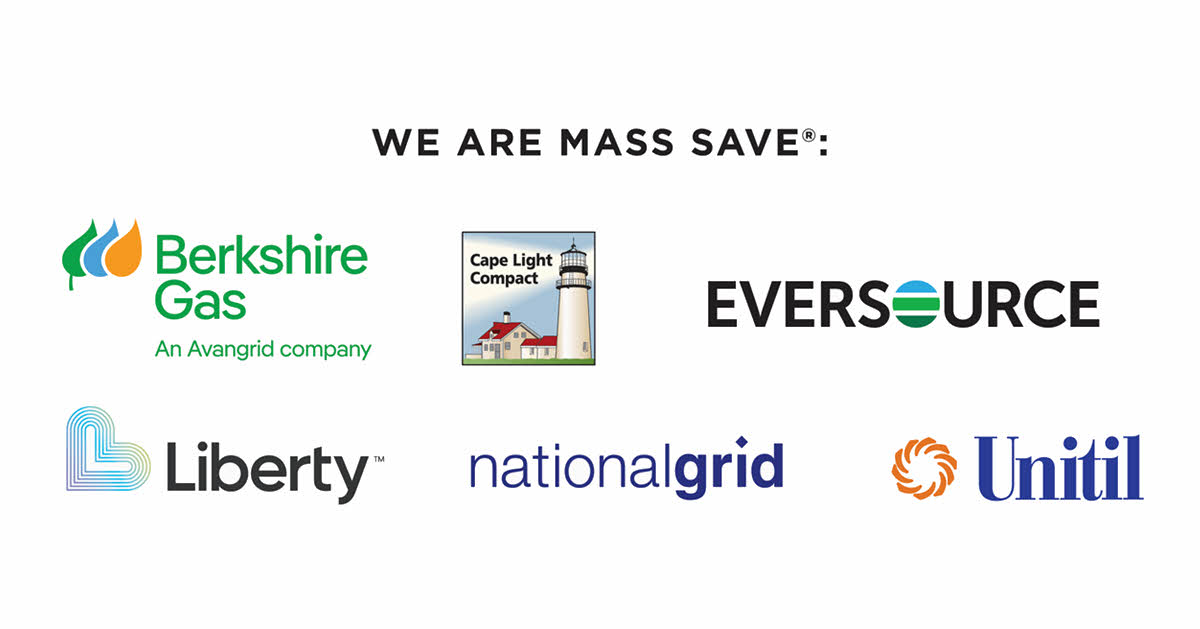There are still clubs making them. Not something my wife would ever drive. This is a 'compact ' model.
View attachment 290041
A Volvo 244... Good memories.
There are still clubs making them. Not something my wife would ever drive. This is a 'compact ' model.
View attachment 290041
Turbobricks! I had 4, stopped with the '99 model year. Ford and whatnot.....A Volvo 244... Good memories.
Is not the majority of demand to be created by EV charging to occur in overnight or off-peak hours, anyway? Could not smart charging options delay charging until grid usage is at its overnight minima, to help increase load stability of the grid? By increasing base load, increasing the fraction of generation from sources that cannot be easily throttled on an hours time scale becomes more feasible, eg. nuclear.The last key point here regards the doomy concerns about EV electricity demand blowing up the grid, or there being an 'electricity shortage' that EVs will exacerbate. Nope. New wind and solar (and gas generators) are cheap, and all three are relatively quick to build.
I'm not going to waste my time poking thru Google results to find the data on this, but I'd bet hard cash that the fraction of global population seeing normal winter daily lows of -45C is damn near 0%. There are bound to be situations were EV's are not the best solution, but if the numbers are small...Besides at -45C it would be getting charged by power produced by an internal combustion engine so basically there is no upside for a EV in the cold climate.
Most EVs (if not all) have an option for delayed charging for this reason. On our car it's manually set by the owner to match evening reduced electric rates.Could not smart charging options delay charging until grid usage is at its overnight minima, to help increase load stability of the grid?
As an employee of a state university I have to pay 250$ a year for a parking permit free charging at work is benefit that I could only dream of and I have a PhD. If the company really sees that as essential to be competitive they will need to pony up the cash and make that investment. Personally is seems excessive and with range of EVs increasing like the OP’s article stated I see wool charging as unnecessary. Really they can’t replace this benefit with extra salary?IMO Toyota is blowing it on delayed charging. Their ap can do that and lot of other things but its free only for a limited duration (first year) after that if you want delayed charging you pay the monthly fee for connected services or buy a more expensive smart EVSE in the garage with a brain to do the work. I have an ancient X-10 system in my house so all I need to do plug in my cord to an X-10 240 volt module and I can program it through the X-10. I am on a straight rate so no incentive to do so.
We had a phone call at work with a major engineering firm that does large office and lab buildings, they are in quandary that the biggest electrical load in the new buildings will be the potential EV charging load. The owners want full charging capability at every parking space and if every employee, plugs in when they get to work the electrical demand is huge far larger than the rest of the building. They will need to put in a much larger electrical system to deal with it and the owner is looking at setting very high electrical demand rates. With loads in the building they can get tricky and put in load demand for large loads by staging stops and starts but the EV charging it is out of their control. This EV load is generally on peak load, the exact opposite of what the grid needs. If the employee can charge up at work for "free" during the day what is in it for the employee to burn up their own KWhrs at home at night to charge up? If the owner puts a billing system for their employees for charging, they look like cheapskates and if its a competitive industry its a disincentive to the employees who may decide to go elsewhere.
The water is nonsense; there is not more hard surface with solar panels as compared to blacktop.Solar powered parking doesnt have a great rep in the northeast. Snow loads and where the water goes after thawing is big issue. I know of one large installation that was locked out for a couple of years due to failure to get a handle on both. It was third party install so the hosital was holding the output hostage until the icing issues were dealt with. I have looked at it for two clients and its very pricey. Plus a lot of urban sites have shading issues so hours of actual daylight is short especially in winter with low sun angles.
One of my projects was in a urban hospital setting with 2 six story garages, one for employees and one for the patients and visitors plus overflow of staff. No way is a roof mounted array going to make much of a dent in 6 story parking garages. Sure a suburban campus type facility would be better suited but in urban areas its problematical.

I said this more than two years ago, I think, but this is a market sector ripe for the picking. Someone should be implementing a management system between utility and EV end users, to smartly manage this massive un-tapped storage resource. Elon should be all over this one, in fact I'd be amazed if he is not. Is not storage still a primary obstacle to increased nuclear, hydro, and wind generation?Most EVs (if not all) have an option for delayed charging for this reason. On our car it's manually set by the owner to match evening reduced electric rates.
Someday we'll have to explain to our grandkids that we once thought driving across town to fuel our vehicle at a service station was more convenient than just plugging it in when we got home at night, like we already do with our smart phones. Yeah... it already sounds crazy.Charging at work and grocery stores is so 2015, for folks with dinky batteries.
 cleantechnica.com
cleantechnica.com

 climatenexus.org
climatenexus.org
New Ford F-150 EV does allow to power home but you need their 80amp charger which requires 320 amp service.I said this more than two years ago, I think, but this is a market sector ripe for the picking. Someone should be implementing a management system between utility and EV end users, to smartly manage this massive un-tapped storage resource. Elon should be all over this one, in fact I'd be amazed if he is not. Is not storage still a primary obstacle to increased nuclear, hydro, and wind generation?
Someday we'll have to explain to our grandkids that we once thought driving across town to fuel our vehicle at a service station was more convenient than just plugging it in when we got home at night, like we already do with our smart phones. Yeah... it already sounds crazy.
Can you elaborate on this? I have 100amp service currently and could likely get 200amp, but I don't see how I'd easily get 400amp service.New Ford F-150 EV does allow to power home but you need their 80amp charger which requires 320 amp service.
I'd love to think that electric utilities will pay me a fair price to utilize my car battery for grid needs when there are times of peak demand, but I really doubt that this will happen in the next twenty years. My local utility still sends a meter reader to physically read my meter every two months, and I'm not sure that there are any utilities who really do true time-of-use billing to the 15 minute increment that would make it helpful for a consumer (such as me) to recognize times of peak load and either shed load or provide supply, based on some price signal from the utility and some type of smart device. Does any electric utility have the capability to do this in the next 20 years?

The non-trivial issues would appear more political and sociological than technical, but let's also not assume that electrons need to float both directions to make something of this. Simply managing the timeframe in which the car takes charge from the grid could provide enormous benefit to utilities, without any need to use the batteries as a power source during peak demand.Smart charging and resource sharing are being explored closely by many electric utilities. I don't know where we will see it first, Asia, Europe, or here, but it is definitely being looked at. The transition is not a trivial matter but possible. I believe ABB and Hitachi are working on the technology necessary and companies like Honda and Toyota have research projects. Using one's car to power the grid also brings up socio-economic issues that need to be resolved. It's not a trivial change, but seems inevitable.
We use essential cookies to make this site work, and optional cookies to enhance your experience.

